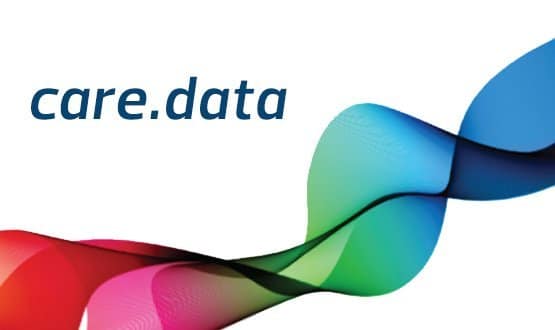Care.data advisory group meets
- 1 April 2014

The care.data independent advisory group held its first meeting last week and includes representatives from MedConfidential and Healthwatch.
EHI reported last month that the group had been created and is being chaired by Ciaran Devane, chief executive at Macmillan Cancer Support.
An update provided to the Health and Social Care Information board meeting this week says it includes representatives from professional and citizen groups including the British Medical Association, Healthwatch, the Association of Medical Research Charities, the British Heart Foundation, Big Brother Watch and MedConfidential.
MedConfidential co-founder Phil Booth told EHI he hopes the group will address many “significant issues” with the programme over the next six months.
“From our perspective and many other people’s this has not just been a problem of communication, there are some fundamental flaws and problems,” he said.
“We have agreed to engage in a process which kicked off last week. If it’s to be a meaningful advisory group it needs to look at what they are proposing to do next, not merely a re-communication to the public.”
The care.data programme will link an expanded set of Hospital Episode Statistics with new datasets, starting with an extract from GP practices, within the ‘safe haven’ of the HSCIC.
It was due to start GP extractions in March this year, but the launch date was pushed back to September, following widespread media coverage and concerns from GP bodies, patients and privacy campaigners about how the data will collected and used.
The HSCIC update says that a ‘six-month extension workstream’ will “set out the steps that must be taken and the associated dependencies before data can be extracted and/or disseminated”.
This is expected to include: the provision of additional guidance and materials to general practice and an increased awareness amongst GPs of the programme; the publication of the code of practice for confidentiality by the HSCIC; and legislative changes set out by the Department of Health having become statute.
The update says the data collection will still be done in a phased roll-out over three months.
A project has also been established to deliver a ‘strategic capability platform’ on which to land and process the primary care data to ensure that the public and the HSCIC has confidence in the security of the data. This enhanced technical platform will underpin the development of other services the HSCIC provides as well as care.data.
The document adds that limited progress has been made on developing the business case for the programme, “due to resources being diverted to support urgent activities” during the last quarter of this financial year. It identifies this, along with the lack of a confirmed funding source, as a risk.
The business case includes the investment necessary to deliver a significant increase in the number and breadth of datasets collected, processed and disseminated and for an uplift in the capability of the HSCIC in order to securely, efficiently and effectively support the planned increase.
The centre is due to publish a report detailing all data released under the HSCIC this Wednesday, including the legal basis on which data was released and the purpose to which the data is being put. This report will be updated quarterly.




